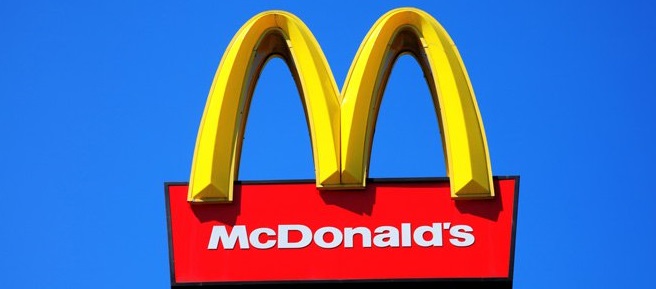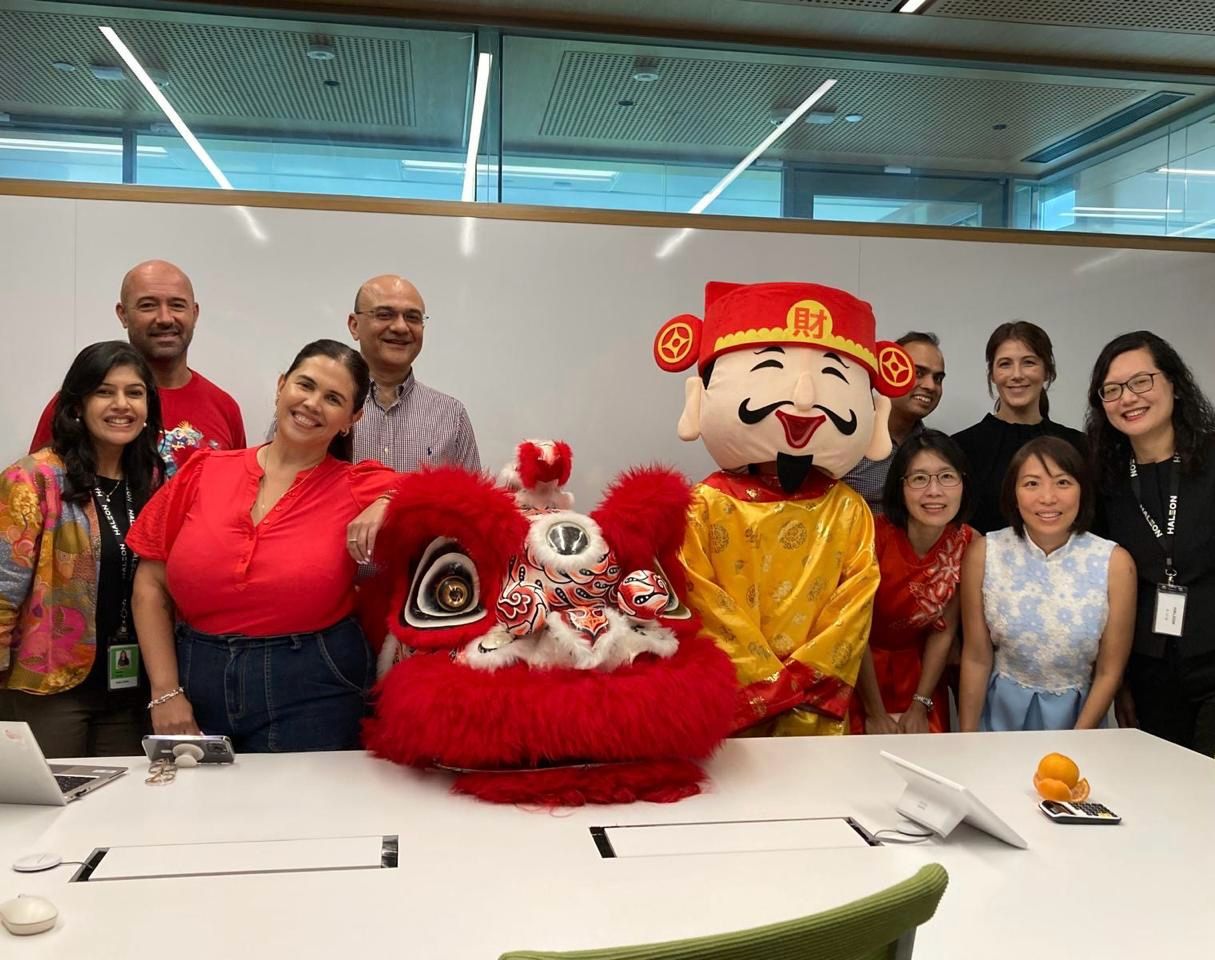Here’s why McDonald’s turmoil may also be an HR opportunity
- Andrew R. McIlvaine
- Topics: DE&I, Employee Experience, Employment Law, Features, Home Page - Features, US

The recent departure of McDonald’s CEO and its chief people officer, David Fairhurst, presents an opportunity for the fast-food giant to double down on a message of accountability for all, and zero tolerance for workplace sexual harassment.
That’s according to Monica Narvaez, a former HR executive and an employment law attorney and partner at Estes Thorne & Carr in Dallas in the US.
Related: McDonald’s names interim after CHRO’s departure
“Situations like this are an opportunity for HR to reassert its role in the organisation and show that it is turning things around,” she says.
Steve Easterbrook, the former CEO, was fired on Sunday by McDonald’s board of directors after it determined Easterbrook was having a consensual relationship with an employee — a violation of the company’s longstanding policy against such relationships. Fairhurst departed the company the following day. Mason Smoot, a 23-year company veteran and former HR leader for McDonald’s US, was announced as his interim replacement.
A McDonald’s spokesman told the Wall Street Journal that Fairhurst’s departure had nothing to do with Easterbrook’s termination. On his LinkedIn page, Fairhurst wrote that he’d decided it was time to move on to his next career challenge.
“I am proud to have played my part in the turnaround and subsequent growth of both the UK market and, latterly, the global business,” he wrote. “So, although I am sad to be leaving I do so in the knowledge that my world-class team have created the people strategies which will drive the business forwards – and a built global function which has the strength and depth of talent to deliver those strategies brilliantly.”
Fairhurst’s family in the UK (he is a native of the northwest England city of Wigan) views the situation with a bit less equanimity, according to a report in the U.K.’s Daily Mail: “David got caught up in all this and it’s not his fault. It’s unfair,” an unnamed relative told the paper.
“He was in a very difficult position and has become a victim in all this,” another unnamed family member said. “There’s nothing to suggest that he knew about the affair but that’s what McDonald’s believes.”
It’s possible that Fairhurst knew about the affair and did nothing, or that the company decided that in light of Fairhurst’s closeness to Easterbrook (Fairhurst had served as Chief People Officer at McDonald’s UK-based operations when Easterbrook was president there, and became the company’s global Chief People Officer shortly after Easterbrook became CEO), he should depart, says Narvaez.
“Either way, the company may have decided it was time for a change,” she says.
McDonald’s Corp. has been rocked by charges of sexual harassment of female employees by male coworkers and managers. At least 20 complaints against McDonald’s have been filed with the US Equal Employment Opportunity Commission (EEOC) this year, alleging that female employees have been subjected to inappropriate touching, indecent exposure, lewd comments and requests for sex at the company’s franchise-owned and company-owned stores in 20 cities.
The EEOC filings were the third and largest round of such complaints filed with the agency against McDonald’s in the last three years, reports the New York Times.
Last year, McDonald’s employees staged a one-day strike in 10 cities to protest sexual harassment in the workplace.
The first order of business for Fairhurst’s replacement should be addressing the sexual harassment complaints, says Debra Johnson, assistant general counsel and HR consultant for EngagePEO.
“Whether it’s stronger training programmes or more support for franchisees to investigate such matters, a powerful company response to such matters can lead to a positive cultural shift in the organisation,” she says.
The sexual harassment complaints have damaged the company’s brand and could possibly have played a role in the board’s decision to oust the CEO, says Narvaez (During his tenure as CEO, Easterbrook had said McDonald’s was committed to a harassment-free workplace).
“In corporations, it’s the mothership — corporate headquarters — that sets the tone,” she says. Doubling down on policies prohibiting consensual relationships between managers and employees may be intended as a signal that the company is serious about enforcing compliance, she adds.
Consensual relationships between managers and employees are problematic by their very nature, says Narvaez.
“Sometimes they truly are consensual and sometimes the employees go along with it because they don’t want to lose their jobs,” she says. “Or, they start out as consensual and then the employee wants out but is concerned about potential repercussions.”
A relationship between a CEO and an employee “is 20 times more difficult because the CEO is, essentially, the company — they’re not just a manager,” says Narvaez.
Not all companies forbid such relationships — in some cases, they simply require managers to disclose them, says Johnson. In Easterbrook’s case, the company could have allowed him to disclose the relationship and ask that the employee be moved away from his direct oversight, she says.
“On one hand, McDonald’s is demonstrating strong leadership by following through on its policy,” says Johnson. “On the other hand, it’s not always a bad idea to allow for some flexibility in such situations.”
The entire episode is a reminder that in today’s organisation, HR is in the spotlight and that employees are closely watching it, says Narvaez.
“At McDonald’s, it’s an opportunity for the CHRO to reassert HR’s role, to show that they’re steering the ship and that the rules will be enforced,” she says.






